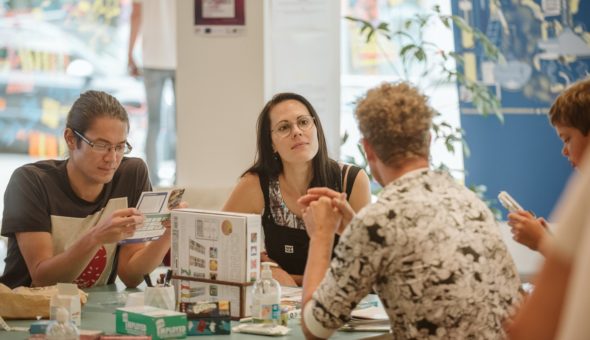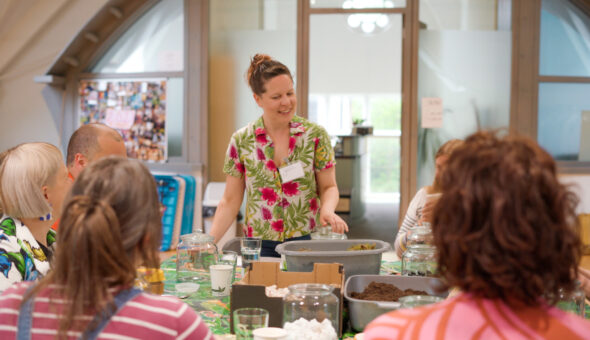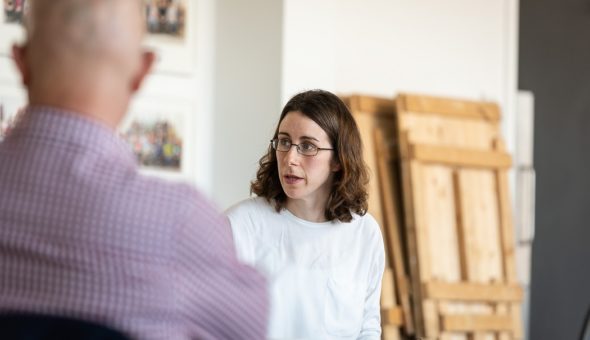Are you in a professional/research-support role in a higher education institute in the UK? Would you like to be a part of an emerging community of practice, exploring the impact of relational work on welfare and wellbeing?
Understanding welfare and wellbeing
A key finding from Phase One of ParticipatoryResearch@Bath was that there is a high degree of ‘emotional labour’ involved in the relational work of successful and authentically participatory research projects. However, the support structures for all those involved in this work across the whole research lifecycle are underdeveloped.
Back in June we commissioned Jude Fransman (The Open University) and Tigist Grieve (University of Bristol) to undertake some exploratory research into this issue, and we would like to invite you to share your experience.
Their initial review revealed:
- relational work carries a host of both benefits and risks to wellbeing/welfare
- perspectives of professional and support staff are often absent from studies examining wellbeing in higher education, while support and interventions tend to target students, research and teaching staff
- relational nature of many roles played by professional and support staff carries opportunities for learning as well as specific needs and priorities for support
Join our community
We would love to hear from you if you work in any of the following (or related) areas: research management and administration, knowledge exchange, partnerships, public/civic engagement and patient involvement, research impact and culture, HR, contracts, finance management, hybrid academic/research-related support.
We are inviting a small, diverse group of professional and support staff to participate in two 90 minute online discussions to delve deeper into these issues and identify recommendations for improving support for welfare and wellbeing.
To ensure continuity, build trust and enable more meaningful, co-created discussion we are asking participants to commit to both sessions outlined below.
- Webinar one (scheduled for Friday 13 October 2023 from 2pm-3.30pm) will focus on understandings and experiences of welfare and wellbeing in relational work
- Webinar two (scheduled for Tuesday 7 November 2023 from 2pm-3.30pm) will focus on support, interventions, and broader challenges to and opportunities for change.
Our findings will be written up as a report and inform the agenda of an emerging network.
We will share further details on the project, our ethical framework and data management, and the agenda once your place has been confirmed.
Submitting an Expression of Interest
Spaces are limited and will be allocated to enable the widest possible representation of universities and types of role. So please send an EOI with details of your role and university and with “welfare and wellbeing study” as the subject to: jude.fransman@open.ac.uk by Friday 29 September.
Please let us know as soon as possible if you would like to attend but are unavailable on the proposed dates/times as there may be a degree of flexibility. If you can’t participate at this stage but would like to be included in our mailing list, do let us know and we will stay in touch.
Dean Veall is Deputy Head of Public Engagement at the Univeristy of Bath
Responses




Would like to learn more as the subject area is directly linked to my role
on my role as Research Impact Lead I see first hand the need for guidance and support to researchers who are now more and more involved outside academia. some find overwhelming to see the society reality of their theoretical discipline, some fear for their lives, other live with guilt of have breaking up a relationship, and some others travel breezily to ethical midfields without noticing! My senior team has listened and there is a review ongoing on ethics and wellbeing in research. I would love to join the conversation!